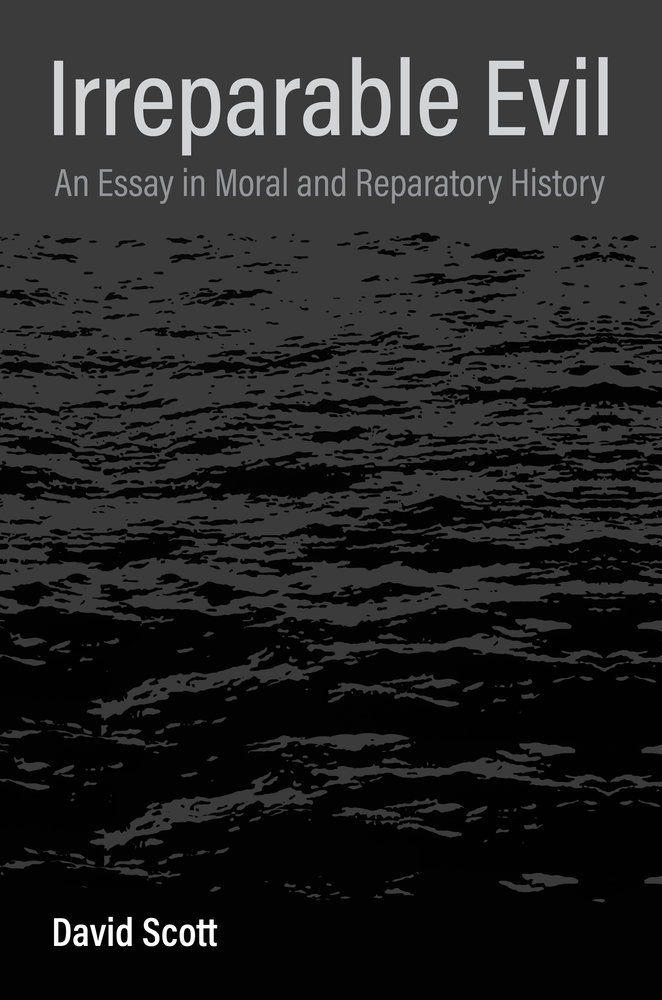What was distinctive about the evil of the transatlantic slave trade and New World slavery? In what ways can the present seek to rectify such historical wrongs, even while recognizing that they lie beyond repair? Irreparable Evil explores the legacy of slavery and its moral and political implications, offering a nuanced intervention into debates over reparations.
David Scott reconsiders the story of New World slavery in a series of interconnected essays that focus on Jamaica and the Anglophone Caribbean. Slavery, he emphasizes, involved not only scarcely imaginable brutality on a mass scale but also the irreversible devastation of the ways of life and cultural worlds from which enslaved people were uprooted. Colonial extraction shaped modern capitalism; plantation slavery enriched colonial metropoles and simultaneously impoverished their peripheries. To account for this atrocity, Scott examines moral and reparatory modes of history and criticism, probing different conceptions of evil. He reflects on the paradoxes of seeking redress for the specific moral evil of slavery, criticizing the limitations of liberal rights-based arguments for reparations that pursue reconciliation with the past. Instead, this book argues, in making the urgent demand for reparations, we must acknowledge the fundamental irreparability of a wrong of such magnitude.


